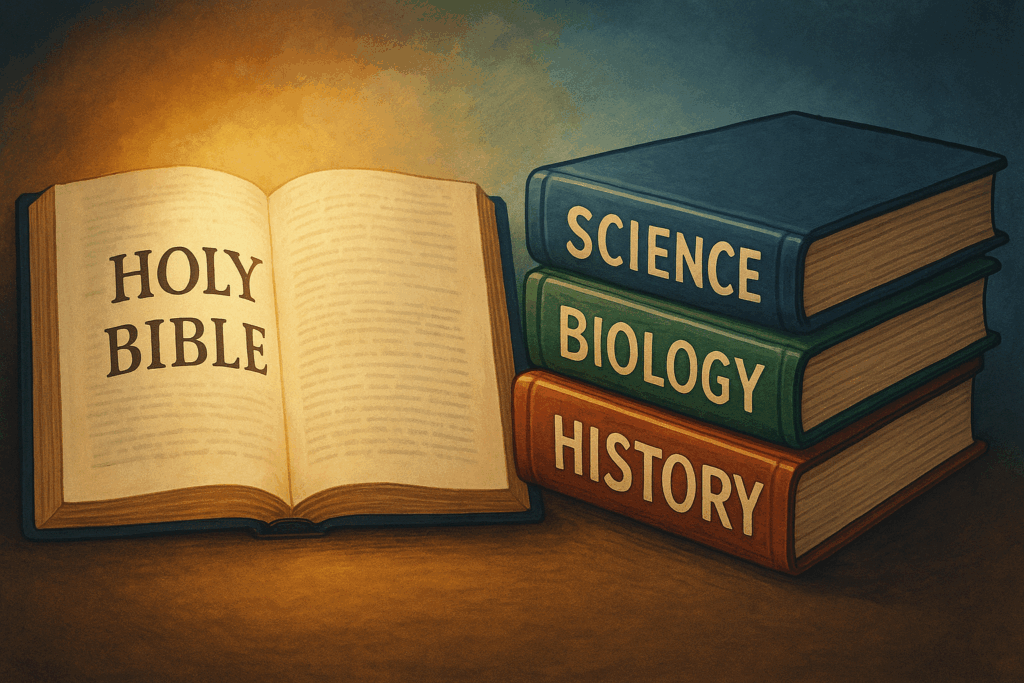For years I have made lifelong learning a personal hobby. In the pursuit of attaining to a better understanding of how The Universe operates I have purchased, read, and committed to memory countless textbooks. Some of these went along with a course I was taking, but most I purchased for the simple joy of learning.

I have a favorite Biology textbook, Astronomy textbook, Geology textbook, Environmental Science Textbook, and History textbook. Each of which I have revisited several times over the years, to assure that my mind has retained a firm grasp of their contents. My thirst for lifelong learning has lead me to earning four college degrees, including three masters, and two degrees in science.
As my understanding of the world has increased, a general theme has become apparent to me, which is that textbooks do not always agree with each other. The claims made in one are often countered by the claims made in another. These are usually small, and frequently due to the era when the textbook was published or alternatively a simple mistake made by the textbook company. But these differences nevertheless exist and illustrate the reality that the human body of knowledge is fluid and not always agreed upon.
As I have pondered this, and as I have engrossed myself into the greatest textbook of all, the Bible, I have come to understand an important salient point. That wherever there are differences between a textbook and the Bible, it is the Bible that is the more accurate source. Indeed, the Bible is the greatest scientific resource and the most accurate historical narrative available for study.
Time and time again, the events in the Bible, including names of cities, rulers, and events have proven to be verifiable by the anthropological work of secularist efforts. As time progresses, and the work of the secularist paints a broader picture of life in the past, the narrative of accepted historical cannon comes closer to that illustrated in the Bible and not further away from it.
Though efforts have been made by many secularists to prove that the historical narrative found in the Bible is flawed and largely myth, these efforts, while sustaining popular accolades in the short term, inevitably all collapse as new discoveries continually reinforce the reality of that which is described in the scriptures.
The same is true of science. Whether it be the description of plants and animals in a given region, or an explanation of phenomenon, the science of the Bible, while not nearly as extensively explored as is history, is nevertheless in those limited cases where it is touched upon ultimately borne out as being accurate.
The Bible is a remarkable work. It contains the poetry of David, the pros of Luke, the epistles of Paul, and interwoven therein is the greatest history and science textbook that mankind has ever produced.
Very often secularists will suggest that where there is a difference of opinion between the Bible and the world, that the world’s narrative ought to be given deference. However, I would suggest that the opposite is the case. Where there is a difference of narrative, given that the Bible has been proven right again and again, the deference aught to be given to the scriptural account, because invariably this is the version that always proves to be true.
